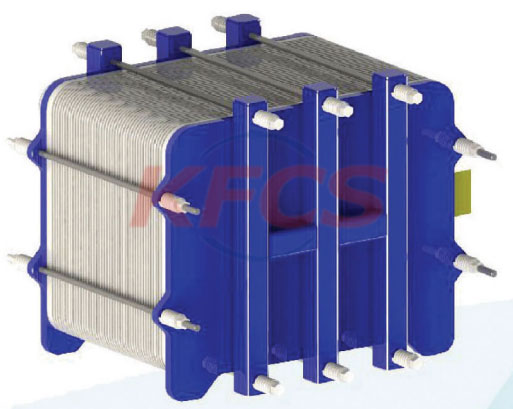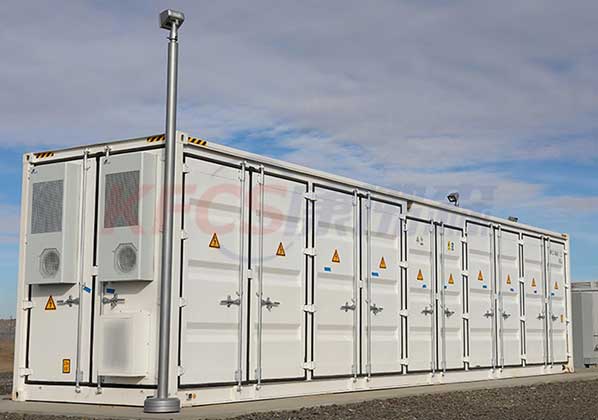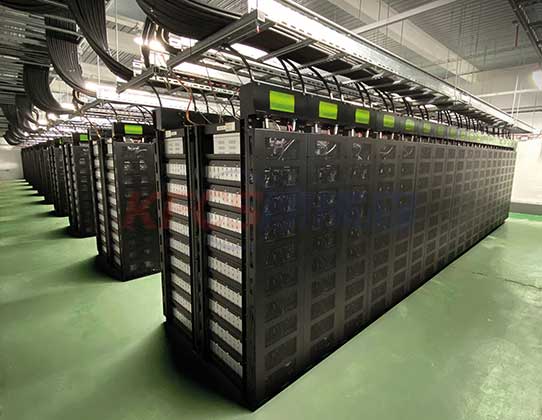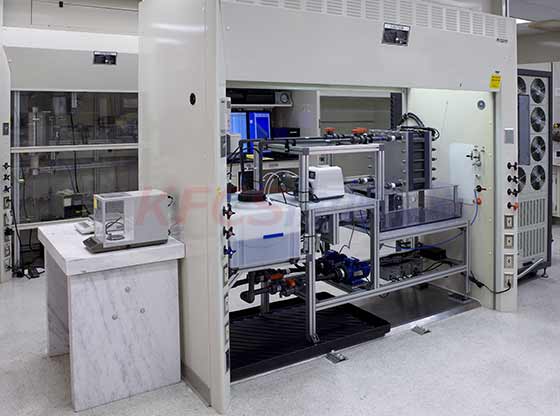Large-scale energy storage: vanadium batteries challenge the lithium battery market
2022-02-10
Large-scale energy storage: vanadium batteries challenge the lithium battery market
According to the research of a market research company, the oxidation flow battery technology (RFB, Redox Flow Battery) will begin to occupy the lithium-ion battery market in the next 10 years, and will exceed the energy storage capacity of lithium-ion batteries in 2031.
Relying on vanadium, zinc-polyiodide, polysulfide bromide or uranium electrolyte solutions in storage tanks, RFBs can store sources of renewable energy, including sunlight, wind or tides, and release them when needed.
At present, more and more countries are implementing green economic policies, and the energy scenario is changing. The role of energy storage in the process of accommodating Variable Renewable Energy (VRE) in the grid is very critical.
The power supply needs to be stable and cannot be stopped due to intermittent wind and sun. Therefore, researchers believe that RFB will appear on a large scale by the end of this decade. Once the market position of the RFB industry is stabilized, it will bring great benefits to the already well-established lithium-ion battery market. big shock.
About News
- Application of all-vanadium redox flow battery
- Ultra-high-purity lithium can be recycled at low cost
- Vanadium Redox Battery 24V 33ah Rechargeable
- The global all-vanadium flow battery market will reach a scale of 100 billion in 2023
- New South Wales plans to deploy 700MW/1400MWh battery energy storage projects
- What is the difference between monocrystalline silicon solar cells and polycrystalline silicon solar cells?
- China will become one of the largest markets in the battery recycling industry
- Advantages of vanadium redox battery energy storage
- Components of vanadium battery system
- Significance of vanadium flow battery energy storage
Products








